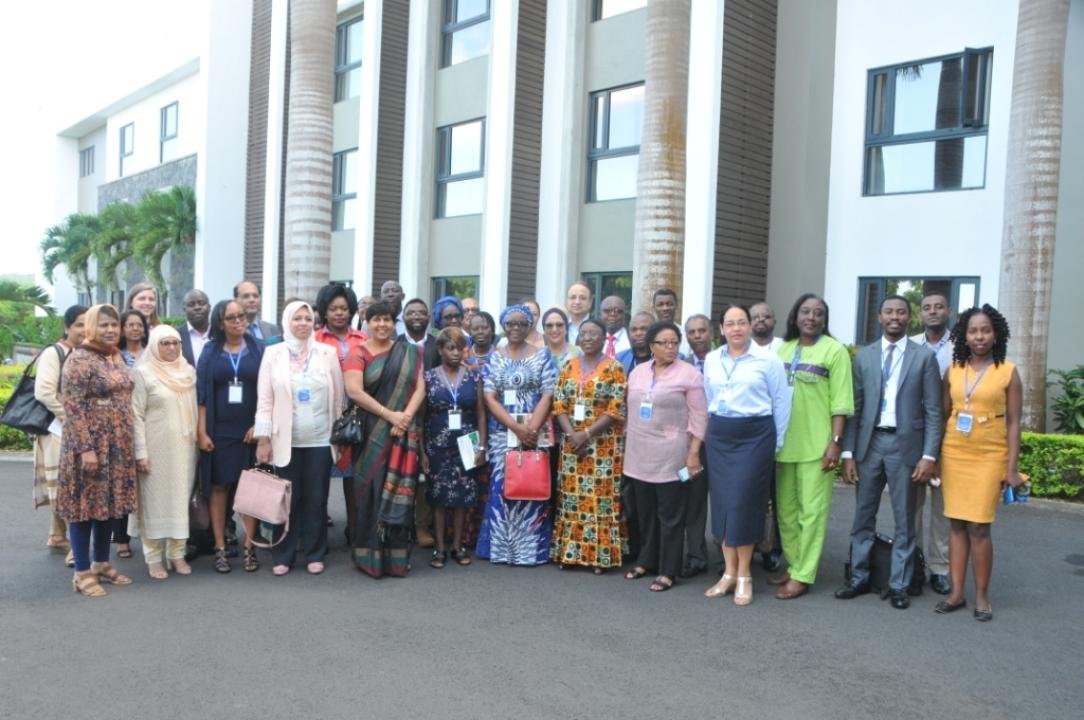
From 21 and 22 March 2019 in Bagatelle, Mauritius, the Ministry of Education and Human Resources, Tertiary Education and Scientific Research of Mauritius in collaboration with the African Union Commission (AUC) and the African Early Childhood Network (AfECN) organized the first technical meeting of the CESA-ECED Cluster.
Attended the meeting : Member States (Senegal, Egypt, Ghana, Zambia, Mauritius, Seychelles, Burkina Faso, Angola, Ethiopia, South Africa), Regional Economic Communities (CEEAC), Civil Society Organizations, Academia and International Development partners (African Early Childhood Network (AfECN), We-Care Foundation, ADEA/ICQN-ECD, Kenya National Union of Teachers (KNUT), UNICEF, Global Partnership for Education (GPE), University of South Africa, ChildFund International, Zambia National Education Coalition (ZANEC), Commonwealth Secretariat, ECD Network for Kenya, VSO International, National University of Lesotho).
After sharing experiences and updates on ECED implementation, the members of the Cluster renewed their commitment to CESA 16-25 and the AU Agenda 2063 which are in line with the global SDGs. Four Working Groups (WGs) were identified to achieve the objectives of the Cluster i.e. Policy, Advocacy and Communication; Access to quality ECED Programmes and Services; Governance and accountability; Knowledge generation, documentation and dissemination.
The main recommendations at the end of the meeting were.
- Prioritize ECED in line with National commitments to CESA and SDG 4;
- Ensure sound ECED policy in alignment with overall education development and overall care and nurture of children;
- Establish multi-sectoral National Technical Working groups on Early Childhood;
- Champion the work of the cluster at the highest political levels;
- Prioritize effective planning and allocation of resources for sustainable programming, while taking advantage of local contexts and financing;
- Strengthen Education Management Information Systems that include ECED, and mainstream data collection for knowledge-based planning and management;
- Prioritize the establishment of a professional ECED Workforce and better working conditions for the ECDE workforce;
- Harnessing digital and emerging knowledge and technology to ensure innovation in ECED.